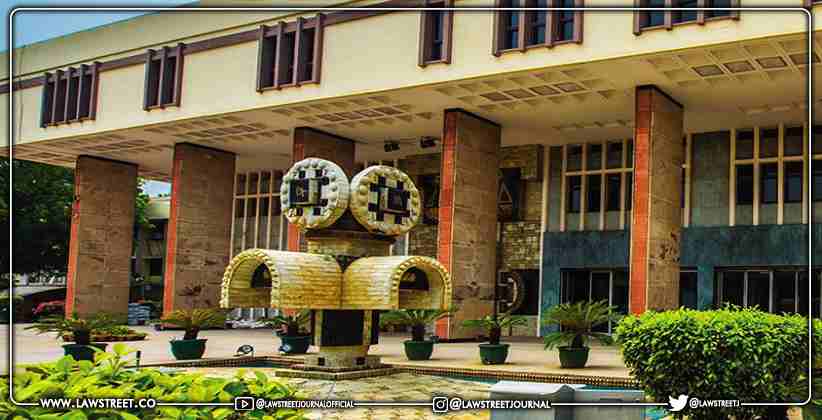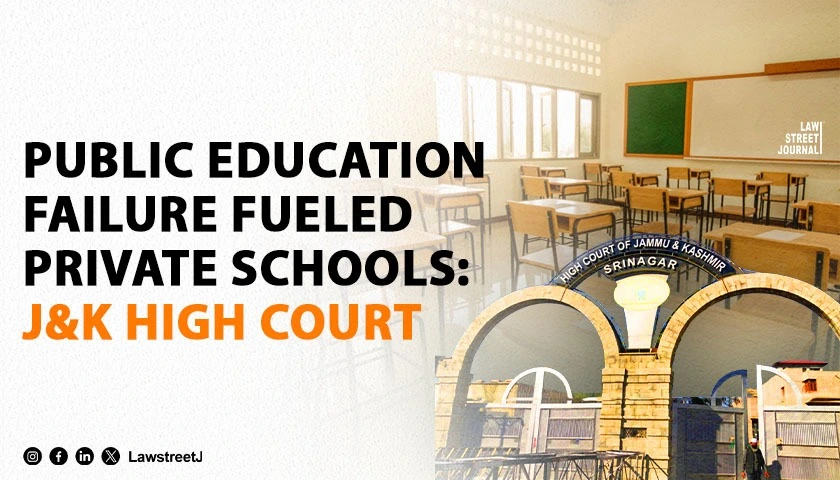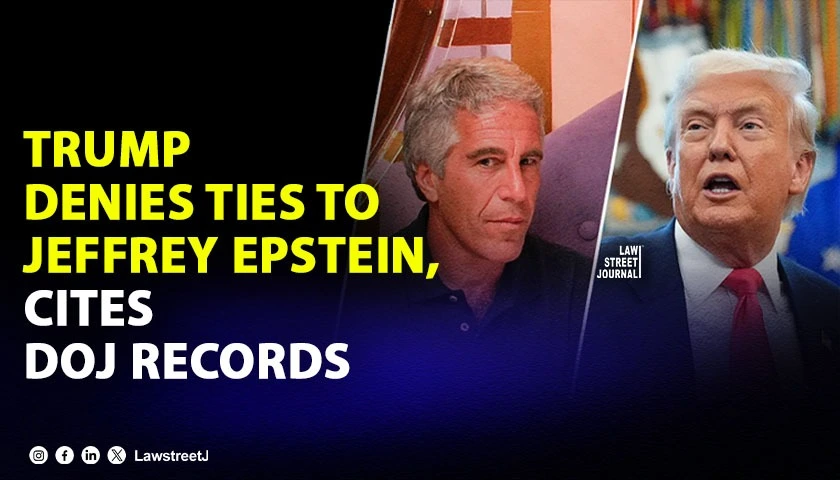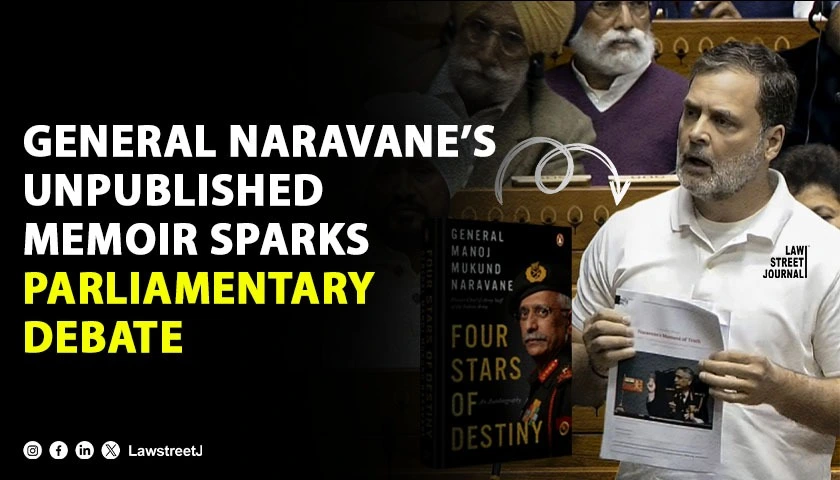The Delhi High Court recently issued directions to ensure that the custody of an undertrial is not extended mechanically in view of sec. 167 (2) of Cr.P.C. and also to ensure that the rights of undertrial prisoners to seek default bail are not defeated despite legislative mandate and the principles of law.
Brief facts:
The instant petition was filed under Section 482 Code of Criminal Procedure, 1973 (Cr.P.C.) on behalf of the petitioner assailing the order passed by the learned Addl. Sessions Judge Central District, Tis Hazari Courts, Delhi in a Criminal Revision arising out of an FIR registered under Sections 304B/498A/406/34 of the Indian Penal Code, 1860 (IPC).
The petitioners revision petition, challenging the dismissal of his application seeking default bail under Section 167(2) Cr.P.C. by the learned Metropolitan Magistrate, was dismissed.
Reasoning and Decision of the Court:
The Honble Delhi High Court held that the custody of an undertrial is not extended mechanically in view of sec. 167(2) of Cr.P.C. and also to ensure that the rights of undertrial prisoners to seek default bail are not defeated despite legislative mandate and the principles of law.
While reiterating the provisions of Section Section 167(2) Cr.P.C., the Court observed that a plain reading of the provision would show that once the maximum period provided for an investigation prescribed under the first proviso (a) to Section 167(2) Cr.P.C. is over and no charge sheet is filed, the accused becomes entitled to be released on bail, more appropriately called the default bail. The right to seek default bail under Section 167(2) Cr.P.C. is a fundamental right and not merely a statutory right, which flows from Article 21 of the Constitution of India. It has been held to be an indefeasible part of the right to personal liberty under Article 21 of the Constitution of India, and such a right cannot be suspended even during a pandemic situation.
The High Court eventually issued the following directions:
While extending the custody of an undertrial prisoner, the Magistrate/concerned Court shall not mechanically extend the period of custody for the maximum period of 15 days as prescribed under Section 167(2) Cr.P.C.
The custody shall be extended while keeping in mind the 60th, 90th, or 180th day (depending on the nature of offence and applicability of any Special Act) of completing the investigation and submission of the charge sheet. If such 60th, 90th or 180th day falls before the maximum extension period of 15 days, then the custody shall be extended only up to the 60th, 90th, or 180th, as may be applicable.
The concerned District Legal Services Authority shall also ensure that the remand Advocates/legal aid counsels posted in criminal courts are instructed to keep an undertrial informed of his right to seek default bail and the date of accrual of such right. The jail authorities shall also have a corresponding obligation to inform the undertrial of the date when the right to seek default bail accrues.
Held
The Court observed while passing the above stated directions, that the order of remanding an undertrial or its extension is held to be a judicial function requiring due application of mind. The Court further sought response from the Registrar General of this Court as well the DG (Prisons) as to the steps being undertaken so that an undertrial is informed of his right to seek default bail and that such right is not defeated but rather timely exercised. The response and suggestions, if any, were directed to be submitted in light of the Inter-operable Criminal Justice System (ICJS), a platform which came into existence under the aegis of the e- Committee, Supreme Court.
Case Details
Case Name : Abhishek V State NCT of Delhi
Date of Decision: October 18, 2021
Bench: Honourable Mr. Justice Manoj Kumar Ohri.








